Menopause Symptoms – Mood Swings
Mood Swings And Menopause
While having mood swings is absolutely normal as you are going through menopause, you can take control to minimize its impact on your life and relationships. Understanding what causes the symptoms and how you can control them better will help you transition gracefully into the next chapter of your life.
What Causes Mood Swings During Menopause?
During menopause, the body undergoes significant hormonal changes, primarily involving a decline in estrogen levels. Estrogen is crucial for regulating neurotransmitters like serotonin and norepinephrine, which influence mood, anxiety, and stress responses. With lower estrogen levels, there may be an increased incidence of depressive states, heightened anxiety, and challenges in stress regulation—collectively manifesting as mood swings. Additionally, other physiological changes related to menopause, such as sleep disturbances, can exacerbate mood instability.

Understanding the Psychological Impact of Menopause
Menopause is not just a physical transition; it also has significant psychological implications. As hormone levels fluctuate, so too can your sense of well-being. Many women report feelings of loss as fertility declines, which can contribute to a sense of aging and self-image. It’s important to address these feelings openly, whether through personal reflection or discussion with a therapist or support group. Recognizing and validating these emotions as normal parts of menopause can be incredibly empowering.
The Role of Hormonal Changes in Cognitive Functions
Mood swings during menopause can also affect cognitive functions. Some women may experience memory lapses or have difficulty concentrating, often referred to as “brain fog.” This is typically temporary and can be managed with cognitive exercises, adequate sleep, and possibly hormone therapy. Keeping mentally active by learning new skills, engaging in brain teasers, or even regular reading can help maintain cognitive sharpness.
Creating a Menopause-Friendly Lifestyle
Creating a lifestyle that accommodates menopause can make a big difference. This might include adjusting your work environment to manage stress better, maintaining a consistent exercise schedule, and ensuring you have plenty of time for rest and relaxation. It’s also helpful to keep a journal to track your symptoms, mood changes, and any correlations with lifestyle habits. This can provide useful insights and help you and your healthcare provider make informed decisions about managing symptoms.
The Importance of Community and Support
Building a community or joining a support group where you can share experiences and strategies with other women going through menopause can be incredibly beneficial. These groups provide not only practical advice but also a sense of shared experience that can help alleviate feelings of isolation or frustration. Many communities exist online and offline, offering various ways to connect, share, and support each other through this significant life transition.
How to Treat Mood Swings During Menopause
It’s not uncommon to feel sad or irritable during menopause. There are many ways to cope with these emotional changes so you can minimize their impact on your life and relationships:
- Discuss the use of bioidentical hormone replacement with a qualified medical professional at NuFemme Medical to re-balance the hormones you are currently lacking.
- Eat a healthy diet while avoiding sugar and processed foods.
- Practice breathing exercises, yoga, and meditation to manage stress and promote relaxation.
- Exercise regularly to boost your “happy hormones.”
- Cut down on caffeine and alcohol consumption.
- Nurture your relationships with friends and family members. Don’t hesitate to reach out and ask for support.
Hormone balancing with NuFemme Medical is a safe and powerful option that can help you get your emotional stability back. Contact a NuFemme medical provider today to learn more about how the benefits of a customized hormone therapy plan that can help you safely and effectively take back control.

Taking the 1st Step
the latest in Women's Health
Our experienced medical staff will help guide and choose the optimal treatment you deserve. Our approach is comprehensive, confidential, and in a short time you will look, feel, and perform at your best.
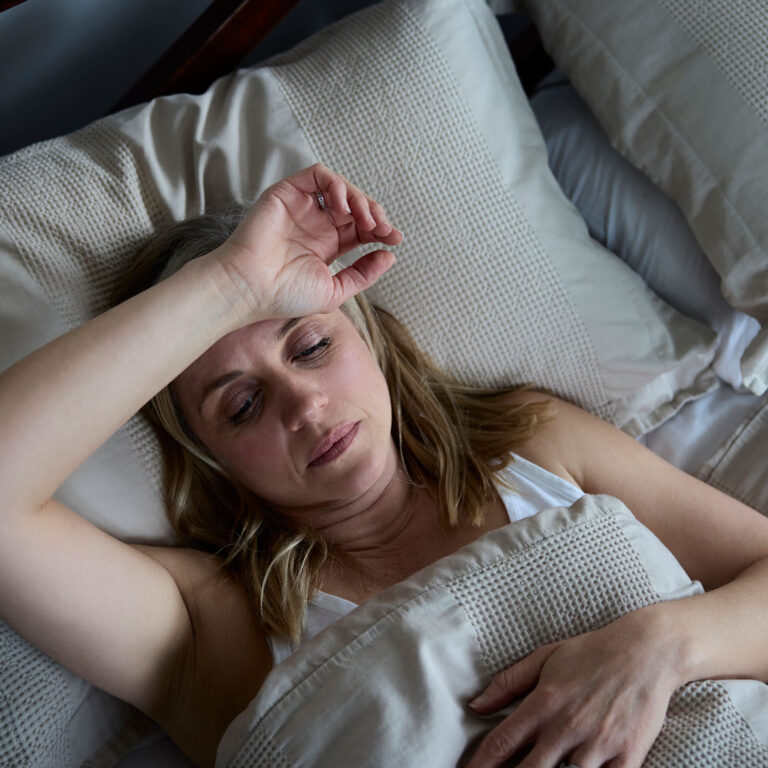
Menopause
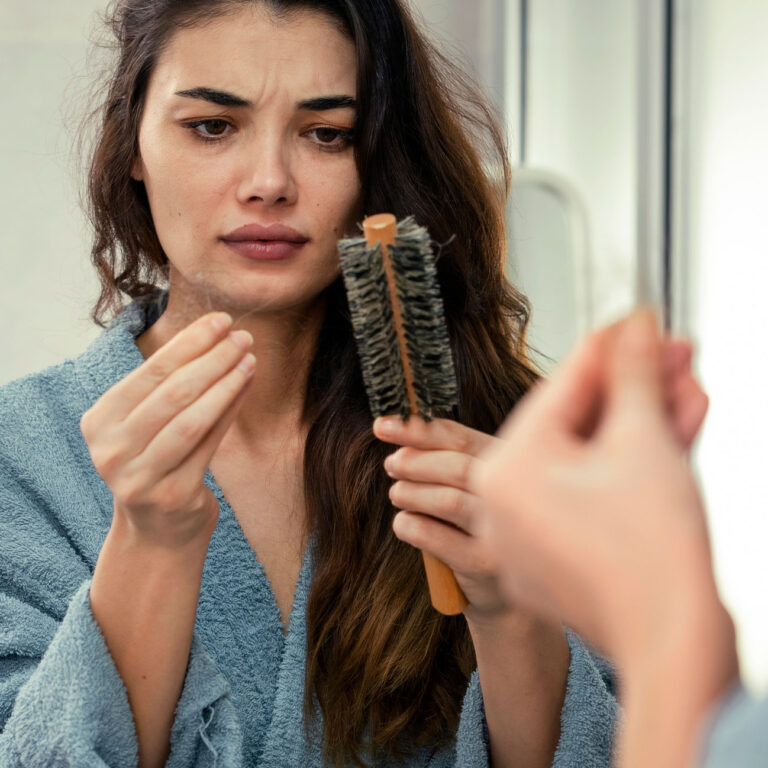
Hair Loss
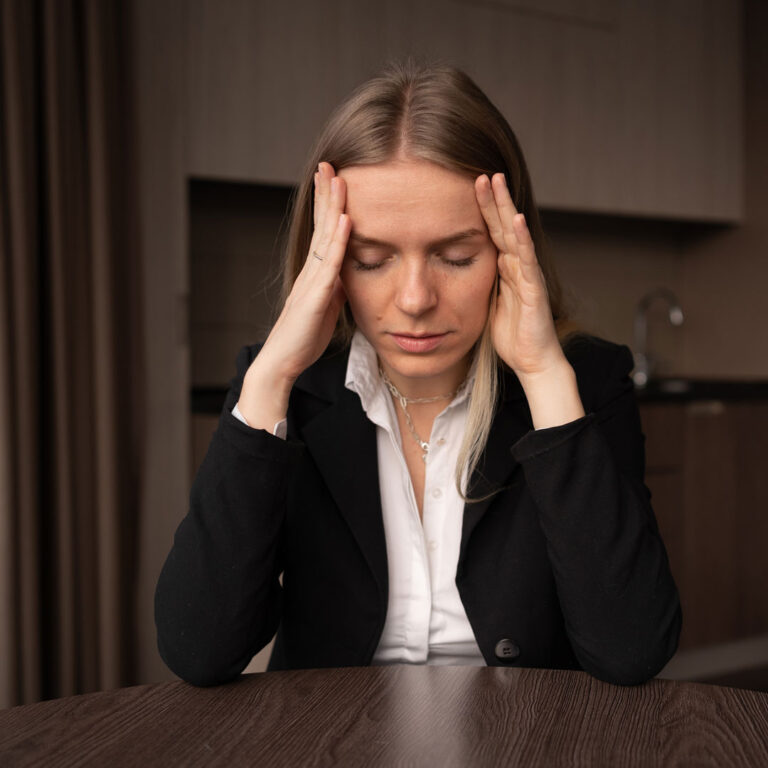
Severe PMS
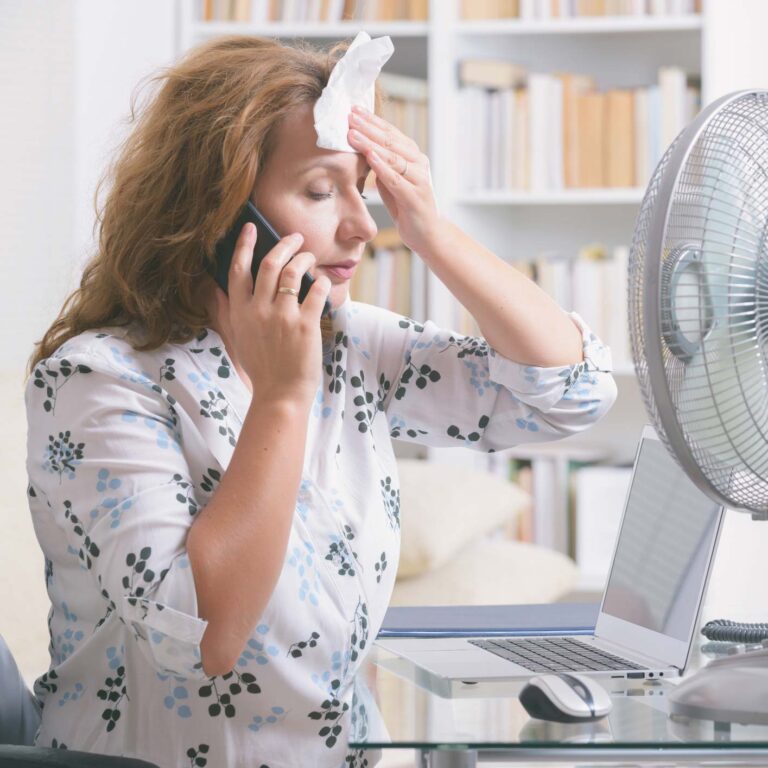
Hot Flashes
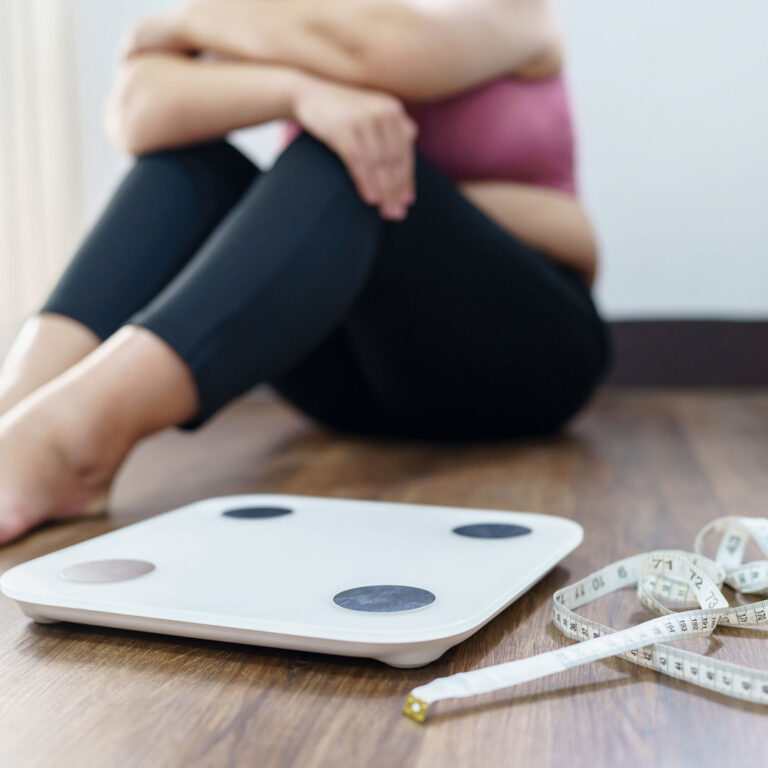
Weight Gain

Insomnia
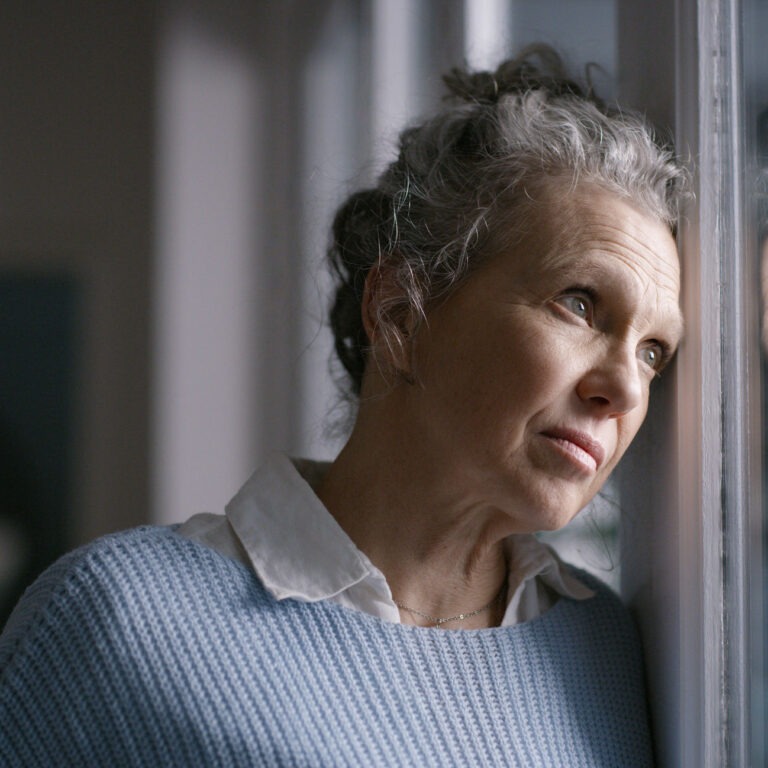
Depression

Night Sweats
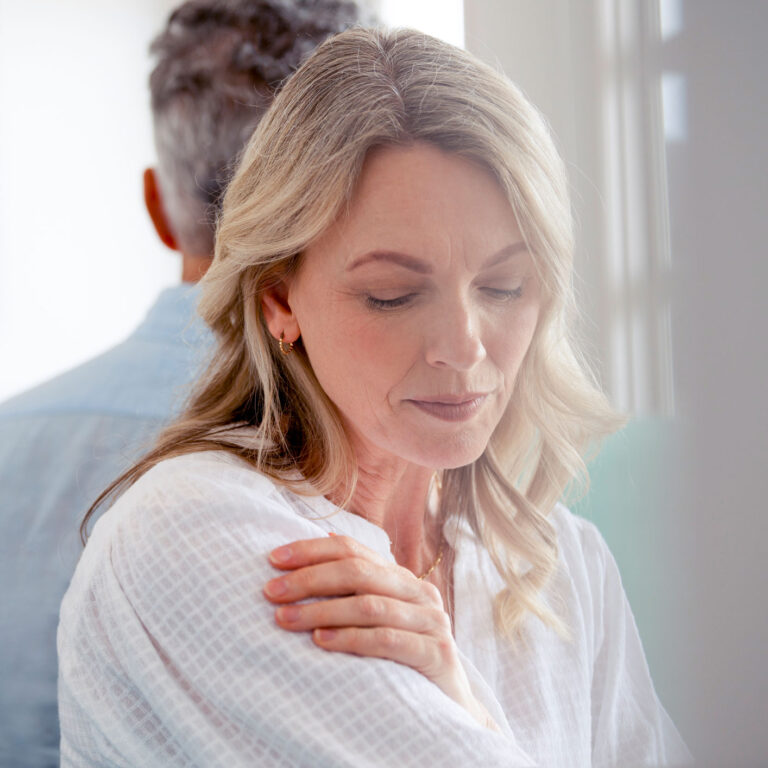
Low Libido







